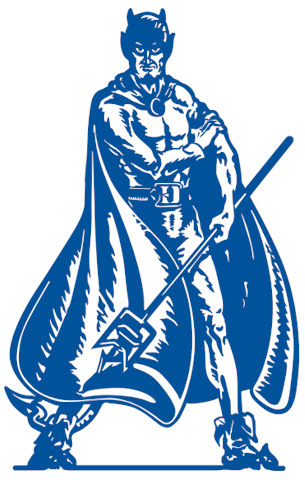
"Permanent Record," Edward @Snowden's 2019 memoir, was just what I'd hoped for: a record of a personal journey, recounted in service to a thoughtful, nuanced argument for civil disobedience and acts of conscience.
memex.craphound.com/2019/09/24/per…
1/
memex.craphound.com/2019/09/24/per…
1/

Whistleblowers are often complicated figures. Often, a whistleblower acts out of mixed motivations - personal grievance, trauma, anger. Sometimes they're incoherent and struggle to frame their deeds.
Not Snowden.
2/
Not Snowden.
2/
As Permanent Record makes clear, he acted out of principle, after lengthy soul-searching, because he believed in his country and was both elated at the liberatory power of tech and terrified by its power to oppress.
3/
3/
On top of that, Permanent Record is a beautifully written, gripping technothriller, a procedural that explains the nuts and bolts of encryption, operational security, both fascinating and revelatory, a guide to what you should be worried about, and what you can do about it.
4/
4/
But Permanent Record keeps getting better! Today, Henry Holt released "Permanent Record: Young Readers Edition," which is exactly what it sounds like, a young adult version of Snowden's memoir, laying out his story and his principles for teens.
us.macmillan.com/books/97812507…
5/
us.macmillan.com/books/97812507…
5/
Speaking as someone who grew up on the kind of Heinlein "juvie" that read like a super cool older brother who put his arm around your shoulder and said, "Look, kid, I'm going to tell you how the world works" --
6/
6/
Speaking as a writer who tried to capture that same spirit with my own book Little Brother - a book whose working title was "Wikipedia Brown," and which I pitched as "Howard Zinn meets Have Spacesuit Will Travel" --
7/
7/
Speaking as the father of an adolescent --
This is an amazing book.
8/
This is an amazing book.
8/
Snowden's sprightly prose, his deep technical knowledge, his superb knack for explaining complex matters, his ability to articulate principled action all come together in a book that is, if anything, BETTER than the adult version.
9/
9/
Books for teens cast a long shadow. They can alter the course of a person's life. I was permanently affected by the books I read as an adolescent. Snowden isn't just simplifying his message for kids here.
10/
10/
He's engaging with a generation of people who will never know a life without the internet, but who might someday know a life free from ubiquitous surveillance.
11/
11/
Tonight at 7PM Pacific I'm helping Snowden launch the book in a livestreamed event in collaboration with Copperfield Books:
eventbrite.com/e/edward-snowd…
eof/
eventbrite.com/e/edward-snowd…
eof/
• • •
Missing some Tweet in this thread? You can try to
force a refresh









